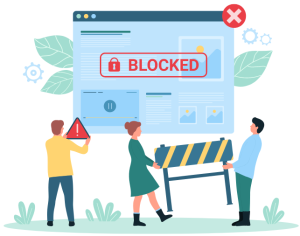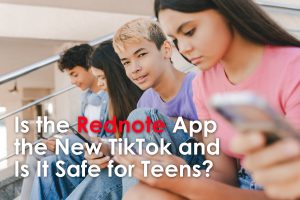An iPhone or iPad is an amazing gift. The entertainment and educational opportunities are nearly endless, but it also opens up the world of social media and cyberbullying. This is a multi-part series ...
You're almost there...
Register or Login to your account to view requested content.

Joining the Cyber Safety Plus Membership has many benefits including:
- Exclusive Articles and Practical Advice
- Extensive Online Training Library
- Monthly Live Zoom Meetings
- Supportive Parent Community
- And More!





